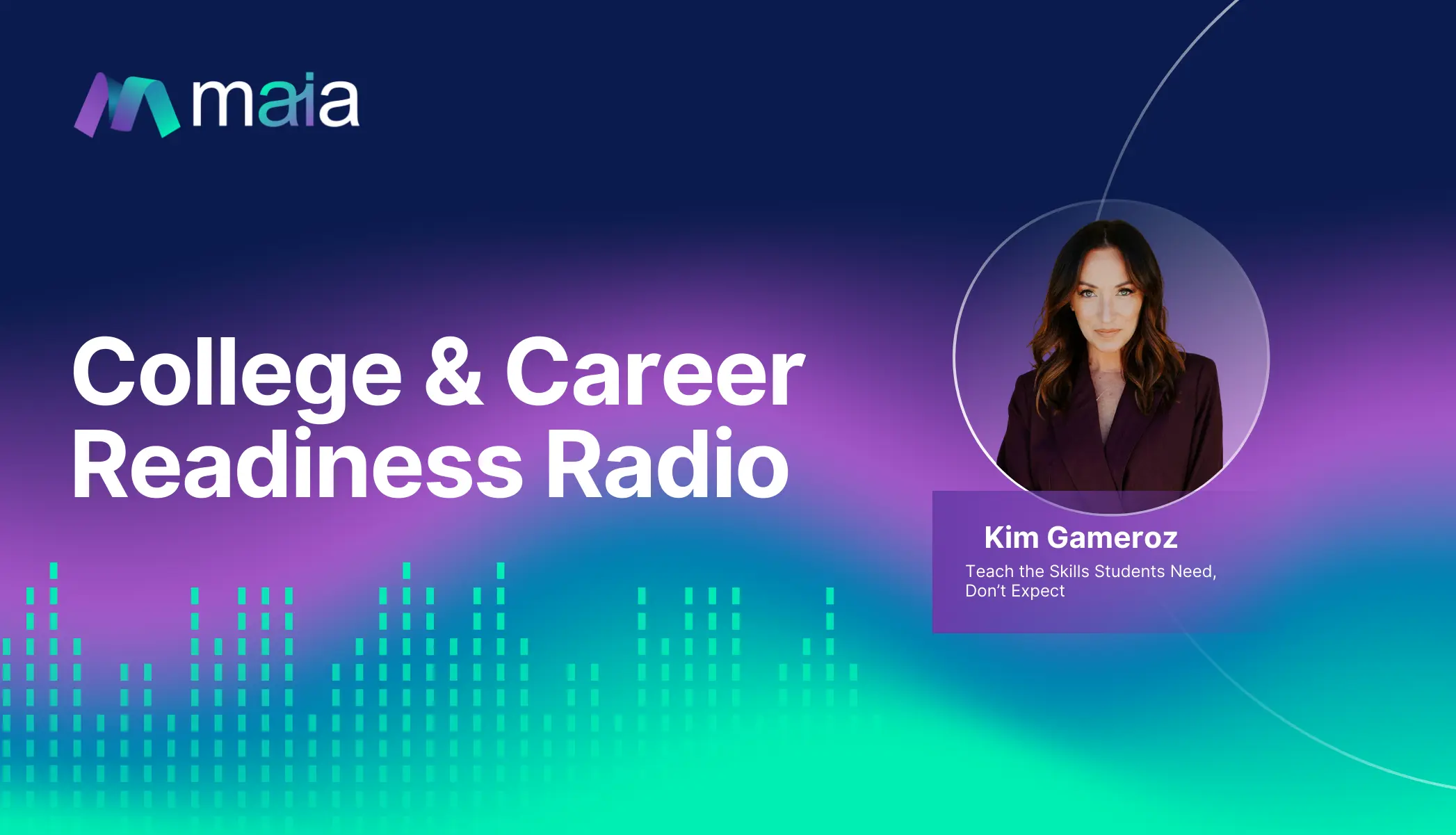Raymond Thiry’s Bio
Ray Thiry (Teer-ee) works with Access ASU at Arizona State University to support K-12 school improvement, focusing on increasing university eligibility for Arizona students.
He previously spent 16 years as a K-12 music teacher. Ray also teaches guitar and bass as a faculty associate in the Music Department at Phoenix College and serves as Vice President of the Tempe Elementary School District Governing Board.
Ray Thiry, from Access ASU, highlights the complex requirements for college eligibility—such as 16 core required courses and a minimum GPA—that often differ from state high school graduation requirements. Without monitoring these, many students miss out on university options they are close to qualifying for.
Ray notes that high school counselors in Arizona (and beyond) are stretched thin, with ratios around 650:1, making it hard to track and support all students in becoming college-eligible.
Access ASU bridges these gaps for students—especially first-generation college-bound students—by providing hands-on support for applications, FAFSA, and navigating system complexities. Ray and his colleagues work directly with K-12 schools and communities, often in Spanish as well.
He underscores the importance of demystifying the real cost of college. Published tuition is not the price most students actually pay; with scholarships, need-based aid, work programs, and employer tuition benefits, college is often more affordable than families expect.
Ray advocates for aligning high school course planning to university eligibility from the beginning, reverse-engineering programs to ensure more students naturally meet admissions requirements.
He insists that “access” includes communicating the value of university as well as explaining career and technical pathways, but warns against misconceptions: low transfer and completion rates at community colleges mean pathways must be followed carefully.
Ray shares that institutions like ASU offer student success programs such as the “First Eight Weeks” and practical classes on “how to do college,” which are especially helpful for first-generation and low-income students.
For schools, Ray recommends improved data sharing and direct admissions strategies to bridge high school and college transitions smoothly.
His billboard message: No one regrets getting their degree—invest in access, preparation, and planning for every student’s future.
.png)
.jpg)
.jpg)













